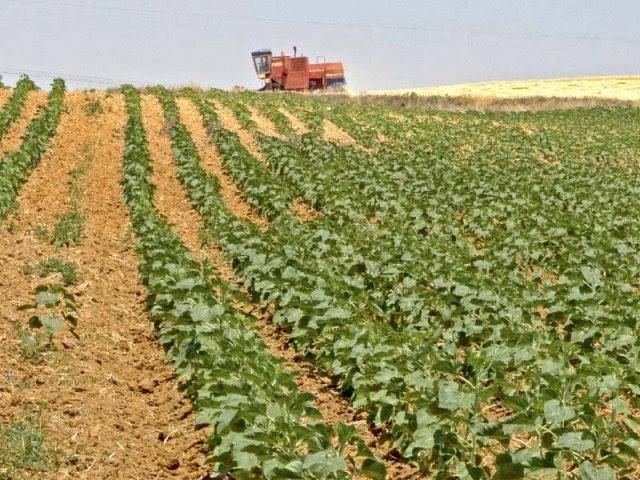Agriculture Tax for big landlords in Pakistan
Shares

Representatives from the Pakistan Kissan Mazdoor Tehreek (PKMT) have issued a pressing call for immediate government intervention to alleviate the plight of the common people. Their demands include imposing an agricultural tax on landowners possessing more than 50 acres and bringing the real estate sector under the taxation umbrella.
These calls were made during a recent press conference held at the Karachi Press Club, where PKMT Secretary Wali Haider passionately addressed the ongoing struggles faced by peasants and landless farm laborers.
In his address, Wali Haider shed light on the never-ending suffering experienced by farmers, who are currently grappling with the grim reality of abandoning their lands, factory closures, and a staggering rise in unemployment rates. The harsh working conditions have particularly taken a toll on women farmers and laborers, plunging them into economic hardship, hunger, poverty, and social exploitation.
The escalating costs of basic necessities, notably the surging electricity bills, have pushed the working population of Pakistan to the brink, compelling rural communities to migrate to urban areas and even overseas, often resorting to illegal means to survive, despite the risk of imprisonment or loss of life.
Furthermore, the crisis has given birth to severe social issues and has exacerbated the already fragile law and order situation within the country. Wali Haider went on to inform the audience that farmers across various regions of Pakistan, including Shikarpur, Khairpur, Ghotki, Haripur, Lower Dir, Mansehra, Sahiwal, and Rajanpur, staged protests on September 4th to express their discontent over the crippling inflation and its adverse effects on their livelihoods. Dr. Azra Talat Sayeed of Roots for Equity pointedly asserted that the government bears the responsibility for the "intense economic debacle" that currently grips the nation.
The joint plea from PKMT and Roots for Equity underscores the urgency of addressing the economic challenges faced by Pakistan's citizens, particularly those in the agricultural sector, and calls for systemic changes to ensure a more equitable and sustainable future for the nation
